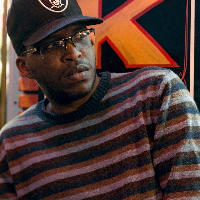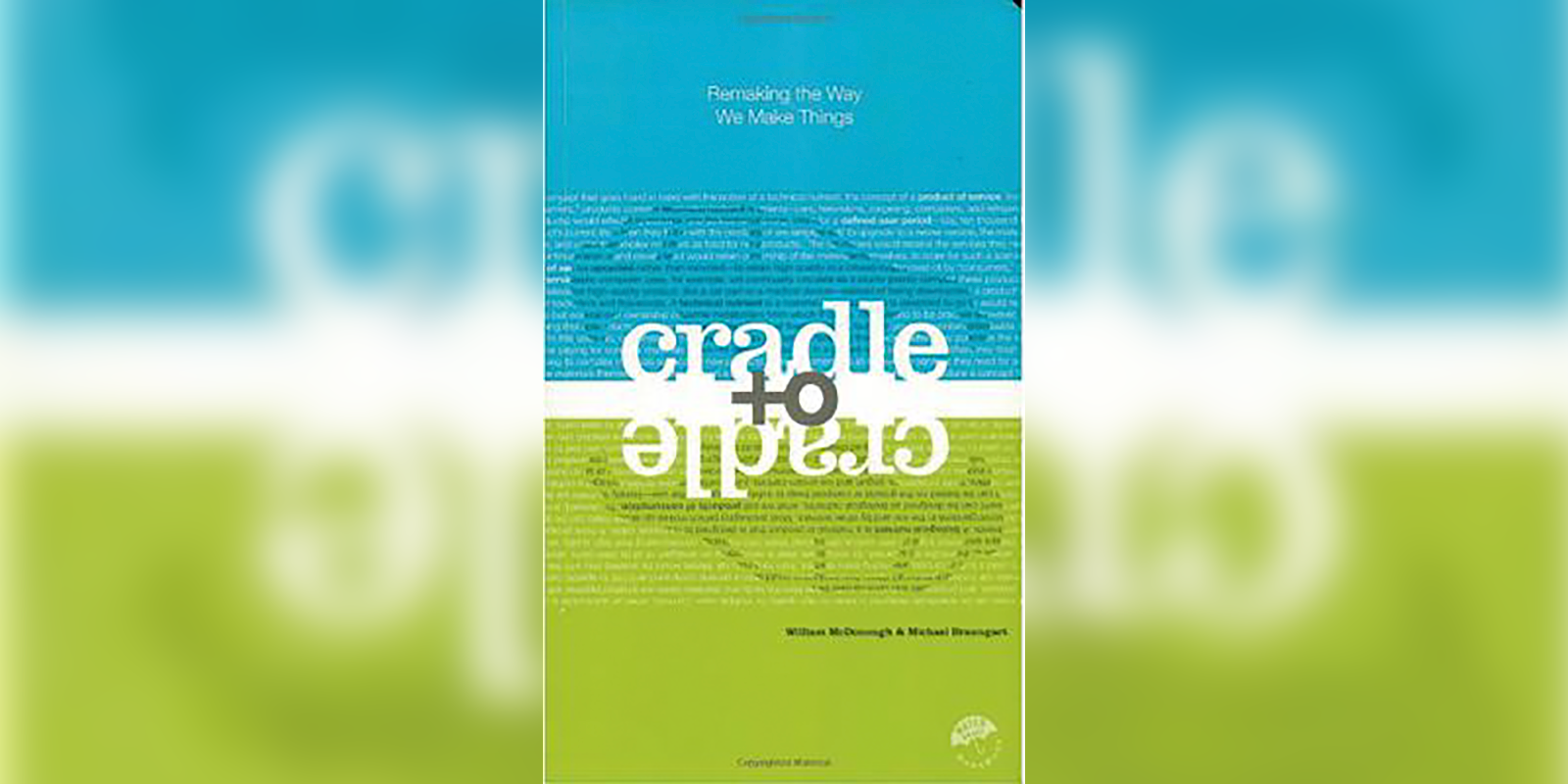I can’t fully remember exactly how I found this book, but I think it was during a Google wormhole where I was trying to figure out if it might ever be possible for bioplastics to be durable and conductive enough to replace metal. Regardless, Waste = Food – that’s the entire premise of this book. Waste is an inevitable byproduct of production, but rather than manufacturing products in ways or with chemicals that are destructive to the environment then sending them to landfills to pile up and slowly cause even more destruction – what the authors refer to as ‘cradle to grave’ – we could instead produce them in ways that are not only sustainable and ecologically friendly, but also ecologically beneficial – what they refer to as ‘cradle to cradle.’ Rather than products being recycled and degrading in quality – what they more fittingly call downcycled – they could instead be upcycled, retaining the same level of quality.
I love the fact that they gave various examples of companies they’ve worked with to achieve this goal, as well as products that could potentially be made in the future. I also love the fact that they accept this isn’t a silver bullet, that we may not be able to avoid all toxic products indefinitely for now at least, and opting to plan around that while still acknowledging how much of our environmental problems this could solve anyway. The only bone I have to pick is a brief reference they make to the socialism of Karl Marx’s Communist Manifesto juxtaposed to the laissez-faire capitalism of Adam Smith’s Wealth of Nations, claiming they’d both failed:
Unfair distribution of wealth and worker exploitation inspired Marx and Engels to write _The Communist Manifesto_, in which they sounded an alarm for the need to address human rights and share economic wealth. “Masses of laborers, crowded into the factory, are organized like soldiers ... they are daily and hourly enslaved by the machine, by the foreman, and, above all, by the individual bourgeois manufacturer himself.” While capitalism had often ignored the interest of the worker in the pursuit of its economic goals, socialism, when single-mindedly pursued as an –ism, also failed. If nothing belongs to anyone but the state, anyone can be diminished by the system. This happened in the former USSR, where government denied fundamental human rights such as freedom of speech. The environment also suffered: scientists have deemed 16 percent of the former Soviet state unsafe to inhabit, due to industrial pollution and contamination so severe it has been termed “ecocide.”
I’d imagine anyone reading this already knows that socialism hasn’t failed, because it’s never been tried, and that the USSR was state capitalist, regardless of their name. It was never socialist, not only because socialism couldn’t exist in one country, but also because they had a state, money, and classes, just to name a few reasons. Aside from that one grievance, I’d highly recommend this book.
Book available at https://bookshop.org/books/cradle-to-cradle-remaking-the-way-we-make-things-9780865475878/9780865475878.
Originally published at https://wspus.org/2020/10/our-new-journal-world-socialist/.


